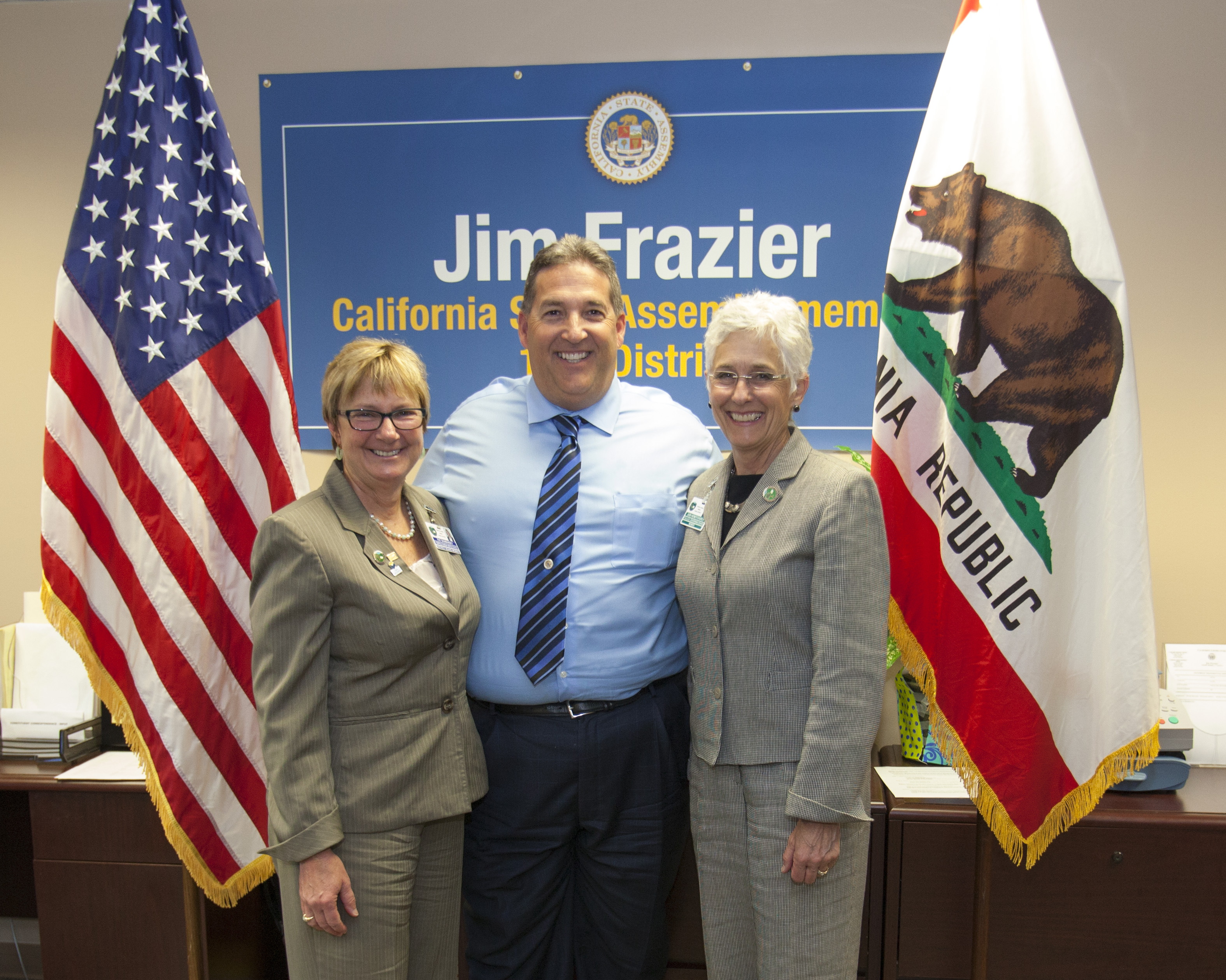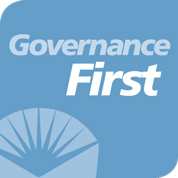Capacity crowds at the first of three public input sessions on implementation of the state’s new school funding formula revealed a thirst for more information and details about the law, as well as concern about its accountability requirements. Local community, district and county education leaders, teachers and classified staff have lots of enthusiasm and interest for successfully implementation of LCFF. There is a strong desire for clarity around the requirements on use of supplemental and concentration funds; for more information and data on the state priorities to be included in the Local Accountability Plan Templates and for authentic engagement of parents and especially parents of English learners and African-American students.
Category: Funding & Finance
Funding & Finance
Teachers are critical to the success of Common Core
If the implementation of the Common Core State Standards is to be successful, it will be because of teachers. All of the planning, budgeting, assessment development and communication won’t matter at all if the efforts are not ultimately focused on preparing teachers. With approximately $200 per student to spend on Common Core implementation over the next two years, boards have work to do. They will need to have a plan for staff to use the funds, hold a public hearing to inform the community, and then adopt that plan at a subsequent board meeting.
Senator Leno joins CSBA in pursuing parcel tax reform
In the June 26 weekly membership eblast, we reported that State Constitutional Amendment 3 no longer addressed the lowering of the parcel tax passage threshold – a key Governance First legislative priority for CSBA.
Governor approves budget
Gov. Jerry Brown signed the 2013-14 State Budget into law on June 27, just in time for the new fiscal year July 1. He “blue-penciled,” or vetoed, only a few items in the K-12 budget.
SCA 3 now focuses on public records, not parcel tax vote rules
In a move by the legislative leadership, State Constitutional Amendment 3—the amendment initially sponsored by CSBA to permit passage of school-related parcel tax ballot measures by a 55 percent rather than a two-thirds majority—is now a vehicle for a constitutional amendment related to the California Public Records and the Brown Act.
CSBA’s top 10 issues heading into Budget Conference Committee
This blog post highlights the top 10 educational actions/recommendations within the state Senate and Assembly budget proposals.
Board Member Action Day: Speaking truth to power
Demonstrating their dedication to children and passion for public education, members of school district and county office of education governance teams throughout California gathered at the home offices of their state representatives to advocate for local governance and other issues vital to public schools as part of CSBA’s Board Member Action Day May 10.
Budget discussions crescendo as governor’s May Budget Revision nears
Next week, on Tuesday, May 14, the governor will unveil the May Budget Revision for fiscal year 2013-14. Details about his revision are beginning to surface, as are additional proposals. On May 8, Assembly Democrats announced their plans for the state budget, naming it the “Blueprint for a Responsible Budget.” In addition to calling for a ballot measure in 2014 to establish guidelines for a richer state reserve, a strong focus of the Blueprint is children and education. For K-12, they call for all school districts to get their share of previous funding cuts repaid as Proposition 98 grows.
Latest developments in the Local Control Funding Formula
Sen. Carol Liu (D-La Cañada Flintridge) presented SB 69, her bill on school finance and a new funding formula, to the Senate Education Committee on Wednesday, May 1. In presenting the bill, Sen. Liu noted it is a work in progress. It’s intended to move the discussion of a new education funding method forward by providing a venue and vehicle for policy discussion and debate. The bill was voted out of the Senate Education Committee, with the Republican committee members not voting. The bill will now progress to the Senate Appropriations Committee.
California schools tackle Common Core challenges
How are school districts and county offices of education preparing to implement the Common Core State Standards? It’s a daunting task, reveals the spring 2013 issue of California Schools magazine. To be ready for new common national academic standards, local educational agencies will have to dramatically change instructional methods and prepare students—and technological systems—to handle revolutionary computerized tests. This would be a tall order in the best of budgetary times. Yet despite years of harsh cuts in state support for public education, LEAs throughout the state are finding creative and innovative ways to meet the CCSS challenge.









